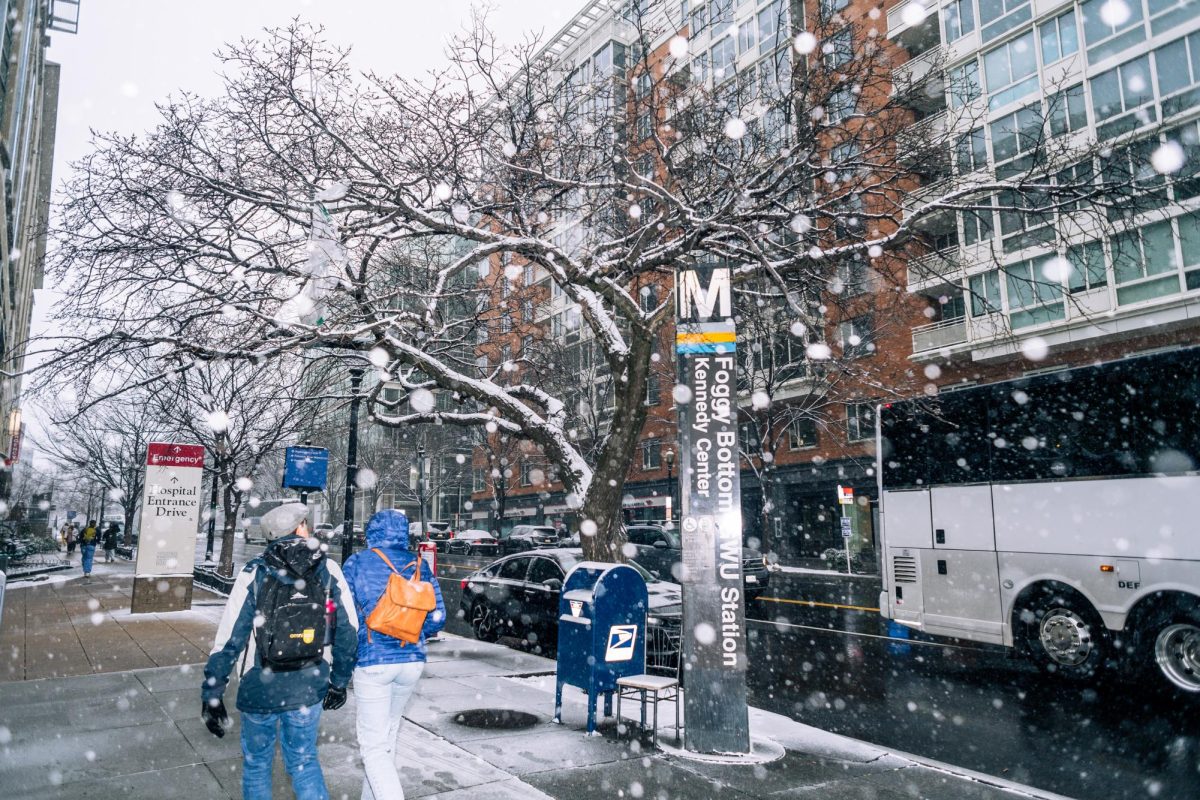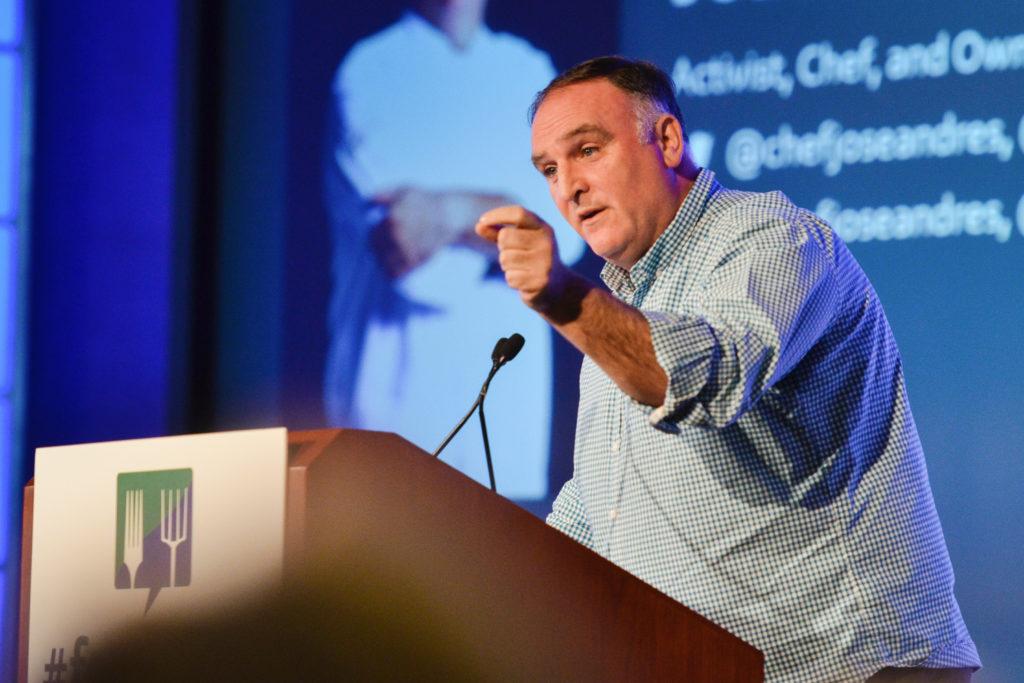GW students said they have overcome many obstacles around campus to adhere to religious doctrines they practiced before arriving at college.
But some students said the temptations of college life have set them off the path of consistent and devoted practice of their faith.
College is a time of exploration, said Ilan Habber, the rabbinic associate at Hillel. Students are open to many new things.
The most difficult aspect of religion on campus is discovering how to balance one’s own religious ideals to those students come in contact with, Habber said.
Father Jim Greenfield, the head of the Newman Center, said the largest impediment to practicing Catholicism on campus has less to do with attending Mass than following the Catholic faith.
Many students come to him seeking advice on how to handle the many opportunities to slip into temptation with the drinking, drugs and sexual promiscuity on campus, he said.
The greatest problem for the Muslim community lies within the faculty and administration at GW, said Mohamed S. Omeish, chaplain of the Muslim Student Association. Construction at the Marvin Center has disrupted the Friday prayer services, forcing students to go off campus to worship.
The Islamic community also struggles with faculty recognition of some holidays, at times making it difficult for students to worship, Omeish said.
Students said the diversity of religious backgrounds on campus creates a sense of culture shock for some students.
GW, which fosters 13 different registered religious associations, offers an environment dramatically different from some students’ hometowns.
Coming from a town where everyone is Christian, (the religious diversity) is a bit of a shock, freshman Susan Shell said.
Students said being away from home gives them a chance to decide how they feel about their faith. They no longer practice their religion just because their parents make them do it.
Here, I go to church when I feel the need, freshman Lauren Tripodi said. I like that better.
Freshman Manish Bhatt said university life gives her the freedom to develop a more personal faith.
Faith is your faith, you decide the parameters for it, she said.
Students said GW’s network of religious groups creates a hurdle for students who feel left out.
I find that there are a lot of common bonds between religious communities here, and if you are not part of that community you can feel like an outsider, Shell said.
Other students said the immersion in a culture of many different religions strengthens their own faiths. Strong religious groups create positive peer pressure for students to explore their own beliefs, Omeish said.
Students feel more at home around students of their own background, Omeish said. Therefore, they want to be active in their own communities.
People are so proud of their religions, you want to find your faith, freshman Alice Lingo said.
Omeish said the GW Muslim population is one of the more dynamic Muslim populations in the D.C. area.
Catholic students around campus also have made a large showing at traditional services, Greenfield said.
Sunday night Mass became so crowded in the Newman Center that Greenfield moved it to the larger Western Presbyterian Church on Virginia Avenue.
GW’s diverse population also allows students to keep an open mind to ideas new to them, said freshman Laura Brown, who attended Catholic school for 12 years.
The multi-religious community allows me to consider religions in comparison to my own and reflect on values I would not have thought about otherwise, Brown said.
Religious diversity on campus can be potentially liberating to the Jewish students on campus, Habber said.
(Jewish students) could find it to be an experience which strengthens their own feelings because they have never been challenged before, Habber said. It causes them to ask, `How am I different?’
Despite culture shock, college pressures and inconveniences, many GW students said they are extremely pleased by the religious experiences GW offers.
Here at GW, we’re keeping the faith alive, Brown said.






